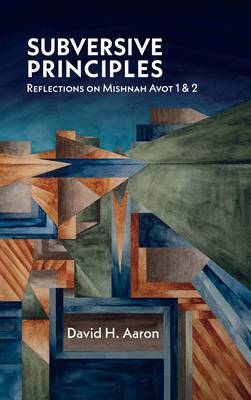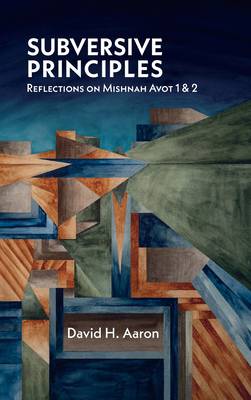
- Afhalen na 1 uur in een winkel met voorraad
- Gratis thuislevering in België vanaf € 30
- Ruim aanbod met 7 miljoen producten
- Afhalen na 1 uur in een winkel met voorraad
- Gratis thuislevering in België vanaf € 30
- Ruim aanbod met 7 miljoen producten
Zoeken
Omschrijving
Avot, a tractate in the Mishnah (c. 220 CE), is the single most studied and commented upon Jewish text outside the Hebrew Bible. Commonly published as a stand-alone volume with the title Pirke Avot (""Chapters of the Fathers"" or ""Ethics of the Fathers""), Avot is also included in Jewish prayer books to encourage group and home study in every form of Judaism. A number of scholarly studies over the past three decades have reconceptualized the historical purpose and stylistic character of tractate Avot, which is unlike any other in the Mishnah. Some scholars have recognized that Avot's content reflects the ideological positions of an elitist fellowship originally formed according to paradigms established by Greco-Roman schools of philosophy. Subversive Principles furthers the argument that Avot was composed to facilitate the formation of such a fellowship by engaging the analytical insights of Pierre Bourdieu regarding symbolic language and other theorists elucidating the role of exchange theory in religions. This volume explores an ethics of reading and the matter of historical relativism as such concerns influence the historical-critical interpretation of a canonical text.
Specificaties
Betrokkenen
- Auteur(s):
- Uitgeverij:
Inhoud
- Aantal bladzijden:
- 558
- Taal:
- Engels
Eigenschappen
- Productcode (EAN):
- 9798385205721
- Verschijningsdatum:
- 31/10/2024
- Uitvoering:
- Hardcover
- Formaat:
- Genaaid
- Afmetingen:
- 152 mm x 229 mm
- Gewicht:
- 911 g

Alleen bij Standaard Boekhandel
+ 236 punten op je klantenkaart van Standaard Boekhandel
Beoordelingen
We publiceren alleen reviews die voldoen aan de voorwaarden voor reviews. Bekijk onze voorwaarden voor reviews.








